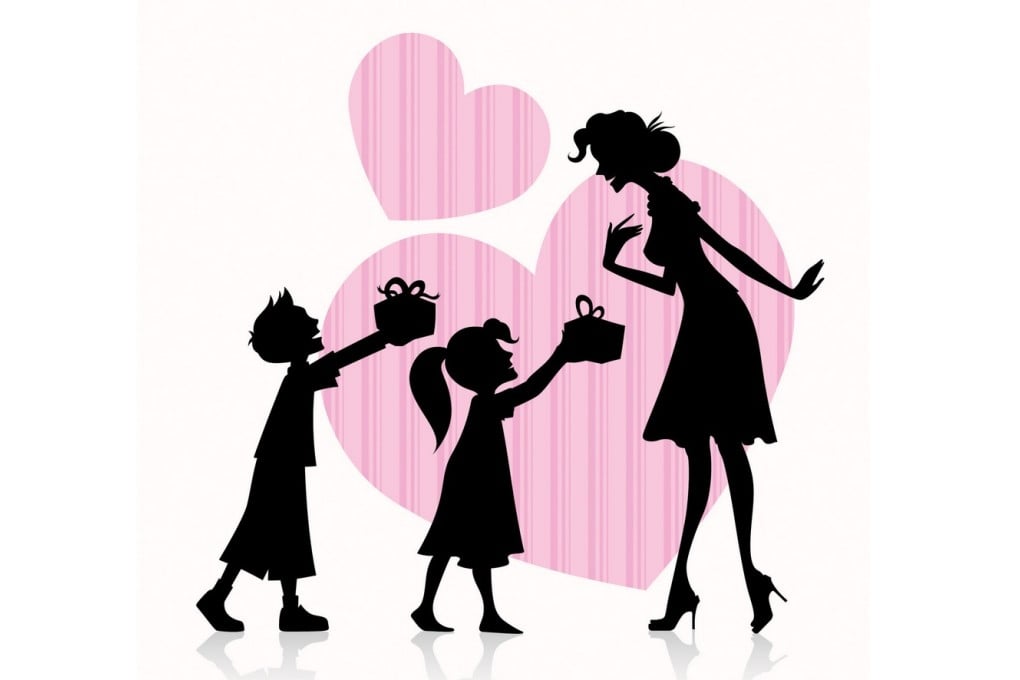Mother's Day may be commercialised but it is still special for many
Mother's Day may have become too commercialised over the years but many families still believe it is worth celebrating, writes Karen Pittar

Every second Saturday in May, Monique Roth, mother of two, makes sure she gets an early night because the next day she'll be awake at the crack of dawn. While for many mothers, Mother's Day is a chance to relax and sleep in, this isn't the case in the Roth household.
"Every morning on Mother's Day, at an ungodly hour, our daughters [nine-year-old Avery and seven-year-old Sloane], with the help of their father, make me breakfast in bed," says Roth with a smile. "Unfortunately, the girls are so excited they usually wake up earlier than normal to make breakfast, so sleeping in is a luxury that I don't get to experience on Mother's Day. The good thing is our girls are quite good at cooking so I can look forward to some nicely cooked eggs, toast with peanut butter - a personal favourite - coffee, and fruit arranged beautifully on a tray."
It's about more than the materialistic things - it's a lovely sentiment to give a card complete with heartfelt words but it's also important to put mother first during the day
Next Sunday, May 11, Roth, along with hundreds of Hong Kong mothers will be woken and pampered by their families, who want to show just how much they appreciate mum.
Often considered a "modern" celebration, Mother's Day dates back more than 400 years and, today, it's celebrated on various dates in different countries. So, if you're from the UK or Ireland and feel as though Mother's Day has come around again incredibly quickly this year, it's because you already celebrated it on March 30. There are two main dates set aside for Mother's Day: in Britain and Ireland it's the fourth Sunday of March and for the US, Hong Kong, Australia and most of world, it's the second Sunday in May.

The American version finds its roots twisted around the country's bloody civil war and the story of Ann Marie Jarvis and her daughter Anna. Born in 1832 in the US, Ann Marie spent her life working to help the local community, in particular women and mothers. Among other things, she set up "Mother's Day Work Clubs" to help women suffering from tuberculosis. Eight of her 12 children died through illness, four during the US civil war, but Ann Marie carried on her work. She died at age 73 on the second Sunday in May, 1905. Three years later, her daughter Anna organised the first official Mother's Day celebration to honour her mother's life.